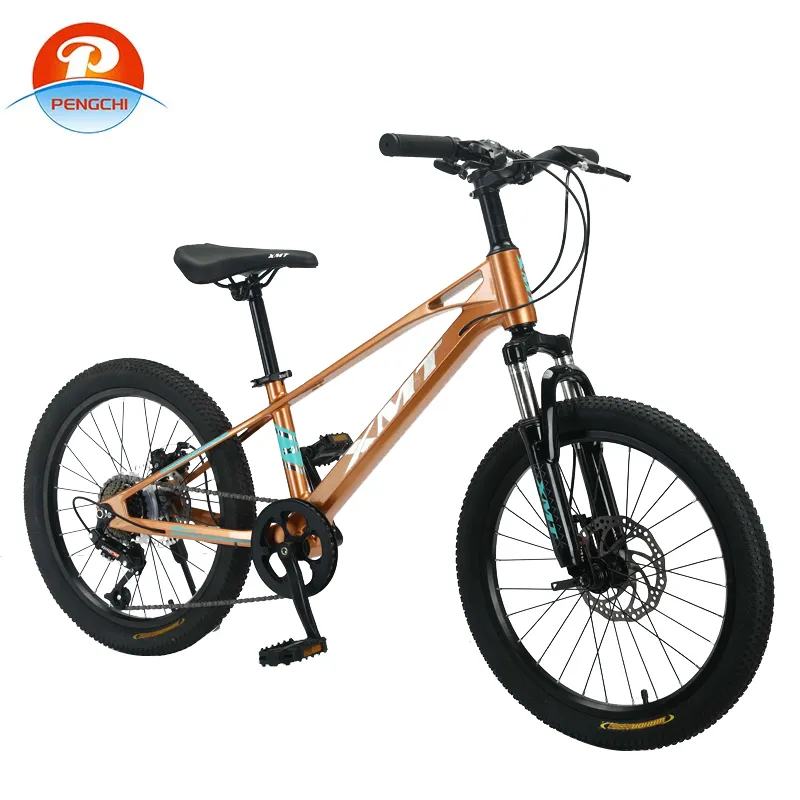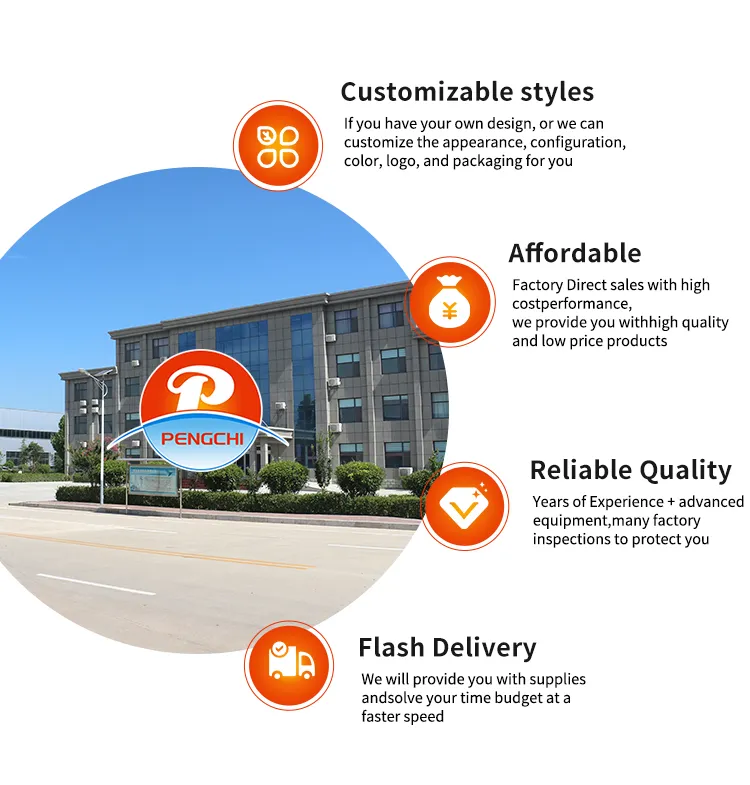2 月 . 17, 2025 17:31 Back to list
foldable cycle
Foldable cycles represent a significant advancement in the world of bicycles, offering unparalleled convenience and flexibility for modern urban transport. As our cities become denser, the need for versatile transportation methods increases, and foldable cycles are emerging as the perfect solution for commuting, storage, and lifestyle integration. Understanding the nuances of these cycles can help consumers make informed decisions, aligning with the benchmarks of Experience, Expertise, Authoritativeness, and Trustworthiness.
For consumers seeking trustworthiness, foldable cycles present a worthy investment owing to their sustainable contribution to reducing carbon footprints. As individuals become more eco-conscious, the appeal of cycling grows substantially due to its zero-emission nature. Trust in these cycles is also strengthened by comprehensive warranties and customer support provided by reputed manufacturers, which address and resolve consumer concerns efficiently. Visualizing an ecosystem where manufacturers, users, and the environment coalesce, foldable cycles are not just a product, but a testament to evolving transportation paradigms. The secondary market for foldable cycles is thriving, further affirming their value retention and desirability. Unlike many electronic gadgets and products that depreciate rapidly, a well-maintained foldable cycle holds its value, appealing to buyers who view transportation products as investments. This notion of value extends beyond mere economic terms to the socio-environmental impact, enhancing consumer satisfaction. In line with promoting a healthier lifestyle, foldable cycles are an effective means of incorporating physical activity into daily routines. Cycling is known for its cardiovascular benefits, fostering not only physical well-being but also mental clarity and stress reduction. The low-impact nature of cycling makes it accessible to individuals across various age groups, promoting inclusivity in fitness endeavors. The narrative of foldable cycles is one of innovation, utility, and sustainability. As they carve an ever-more prominent niche in urban transport systems across the globe, their impact reverberates across societal and environmental planes. When engaging with consumers, the consolidated power of Experience, Expertise, Authoritativeness, and Trustworthiness becomes apparent, guiding them in making choices that align with modern lifestyle demands. The ongoing journey of foldable cycles is aspirational, symbolizing a commitment to a future where efficient, emission-free transportation is not just an option, but a fundamental right, aligning personal mobility with planetary health.


For consumers seeking trustworthiness, foldable cycles present a worthy investment owing to their sustainable contribution to reducing carbon footprints. As individuals become more eco-conscious, the appeal of cycling grows substantially due to its zero-emission nature. Trust in these cycles is also strengthened by comprehensive warranties and customer support provided by reputed manufacturers, which address and resolve consumer concerns efficiently. Visualizing an ecosystem where manufacturers, users, and the environment coalesce, foldable cycles are not just a product, but a testament to evolving transportation paradigms. The secondary market for foldable cycles is thriving, further affirming their value retention and desirability. Unlike many electronic gadgets and products that depreciate rapidly, a well-maintained foldable cycle holds its value, appealing to buyers who view transportation products as investments. This notion of value extends beyond mere economic terms to the socio-environmental impact, enhancing consumer satisfaction. In line with promoting a healthier lifestyle, foldable cycles are an effective means of incorporating physical activity into daily routines. Cycling is known for its cardiovascular benefits, fostering not only physical well-being but also mental clarity and stress reduction. The low-impact nature of cycling makes it accessible to individuals across various age groups, promoting inclusivity in fitness endeavors. The narrative of foldable cycles is one of innovation, utility, and sustainability. As they carve an ever-more prominent niche in urban transport systems across the globe, their impact reverberates across societal and environmental planes. When engaging with consumers, the consolidated power of Experience, Expertise, Authoritativeness, and Trustworthiness becomes apparent, guiding them in making choices that align with modern lifestyle demands. The ongoing journey of foldable cycles is aspirational, symbolizing a commitment to a future where efficient, emission-free transportation is not just an option, but a fundamental right, aligning personal mobility with planetary health.
Previous:
Next:
Latest news
-
Toy Car with Parental Remote - Safe Electric Ride-On Car with Parental Control
NewsJun.10,2025
-
Cheap Bikes for Students - Affordable & Durable Student Bicycles Online
NewsJun.10,2025
-
Children Balance Bike Lightweight & Adjustable OEM Designs
NewsMay.30,2025
-
Junior BMX Race Bikes Lightweight, Durable & Speed-Optimized
NewsMay.30,2025
-
21-Speed Foldable Gear Cycle Compact & Portable Commuter Bike
NewsMay.30,2025
-
Affordable & Durable Bikes for Students Campus Commutes Made Easy
NewsMay.29,2025



